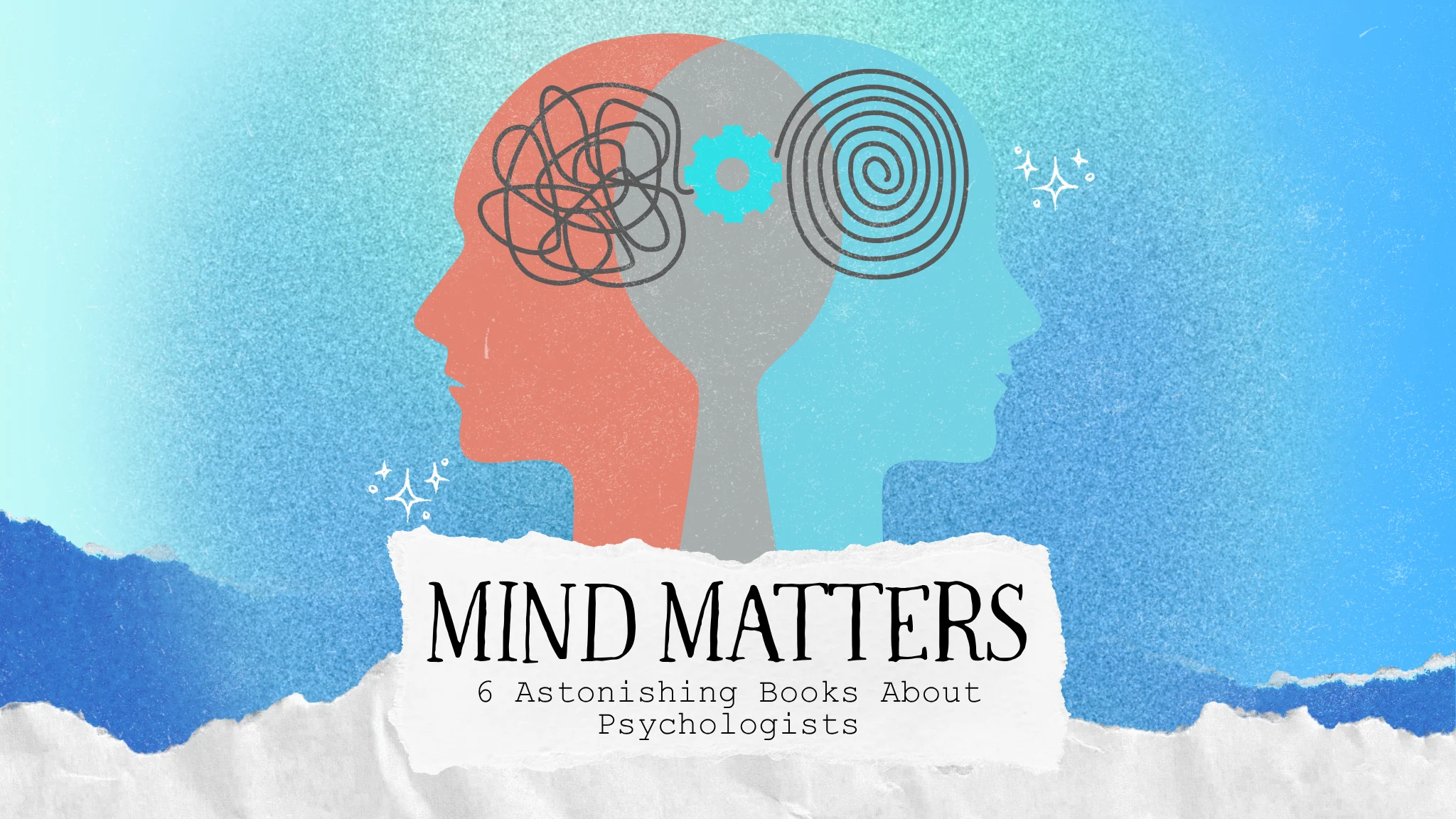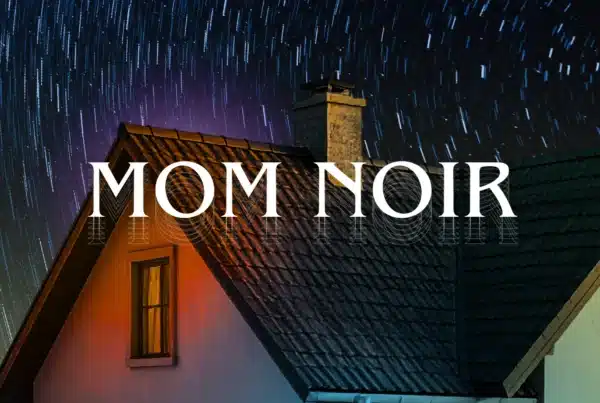Some psychologists spend their lives writing polite articles about human behavior. Others walk straight into the storm and pull truths out of the chaos. The books below follow the second group, the thinkers who argued, obsessed, unravelled and rebuilt everything we thought we knew about the mind. Their lives were messy, bold and sometimes unbelievable, which makes them perfect company for anyone who loves a good origin story or a brilliant downfall.
These biographies take you behind closed doors, into childhood wounds that shaped theories, friendships that exploded, rivalries that lit entire fields on fire and breakthroughs that changed how ordinary people understand love, identity and the strange machinery of human choice. You feel the genius, but you also see the insecurity, the missteps, the late night experiments and the moments when these icons questioned everything except their own need to know more.
If you want real drama, this is where the good stuff is hiding. These are the lives that built modern psychology one obsession at a time.
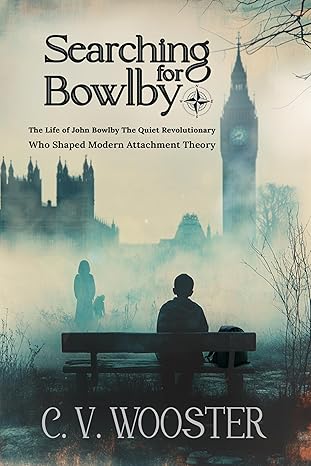
Searching for Bowlby by C. V. Wooster
Wooster follows the creator of attachment theory from a lonely childhood to a career that redefined how we understand human connection. You walk with Bowlby through stern boarding schools, war torn London hospitals and psychotherapy rooms where he listened to children describe losses no one had dared to name. The portrait that emerges is both tender and astonishing. Wooster captures Bowlby not only as a researcher but also as a man who understood the ache of separation firsthand. This biography shows how one person’s lifelong question, why do bonds matter so much, became a theory that informs parenting, trauma work, education and even international policy.

Jung: A Biography by Deirdre Bair
Bair takes on Carl Jung’s massive, intricate life with clarity and confidence. The result reads like a journey through a mind that refused boundaries. Dreams, myths, symbols, spiritual experiences, the vast shared unconscious, all of it unfolds in vivid detail. Bair does not shy away from Jung’s contradictions either, the magnetic charisma, the sudden retreats into solitude, the turbulent relationships that shaped his thinking. Freud appears here as both mentor and adversary, which makes the eventual split between the two men feel like watching a tectonic plate crack. This book gives you the thrill of seeing ideas form in real time.

The Man Who Shocked the World: The Life and Legacy of Stanley Milgram by Thomas Blass
Milgram’s obedience experiments remain some of the most unsettling studies ever conducted and Blass shows you the human being behind them. You see Milgram wrestling with his own questions about authority, cruelty, conformity and responsibility in the shadow of the Holocaust. You see how his curiosity often placed him at odds with colleagues who thought he pushed ethical boundaries too far. Blass brings compassion and nuance to a man who forced the world to confront an uncomfortable truth, that ordinary people can commit extraordinary harm when an authority figure tells them to. It is a portrait of brilliance that provokes reflection long after the final chapter.
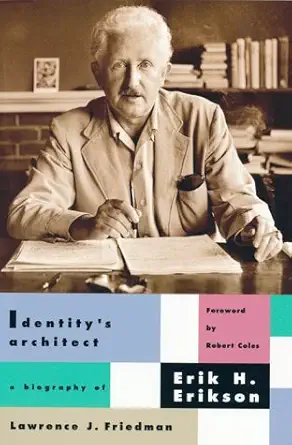
Identity's Architect: A Biography of Erik H. Erikson by Lawrence J. Friedman
Erikson’s entire career was built on one big idea, that identity is the core story we tell ourselves about who we are. This biography takes you inside the life of a man who understood the power of that story because he had to rebuild his own. You follow him from an unconventional upbringing to a career that bridged psychoanalysis, anthropology and education. His work with children, soldiers and survivors reveals a compassionate mind constantly fine tuning his theories on development. Identity’s Architect lets you feel the urgency behind Erikson’s writing, the belief that understanding our life stages could help societies heal.
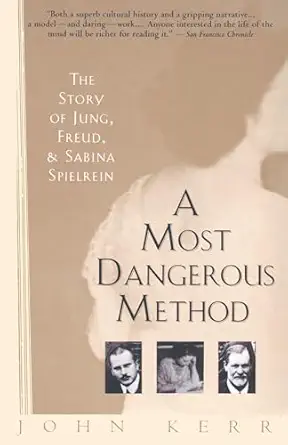
A Most Dangerous Method by John Kerr
Kerr dives into early psychoanalysis and uncovers a world of rivalries, passions and intellectual combat. At the center are Freud, Jung and Sabina Spielrein, whose presence reshaped both men in ways many earlier histories ignored. Kerr shows their alliances forming, shattering and reforming as their theories evolved. It feels almost like reading a psychological thriller, except every argument, every love affair and every breakthrough truly happened. This book is essential for anyone fascinated by the moment when modern psychotherapy was being invented by people who were as complicated as the patients they treated.
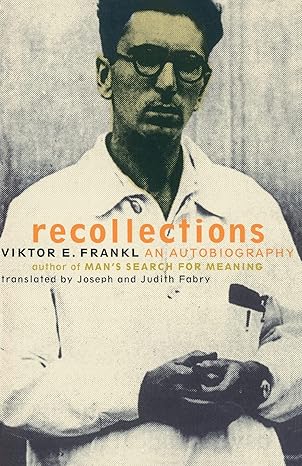
Recollections: An Autobiography by Viktor Frankl
Frankl’s own voice guides you through a life marked by unimaginable brutality and extraordinary insight. His reflections on surviving concentration camps and building logotherapy afterward have a quiet power that grows with every page. He writes with clarity, warmth and a sense of purpose that never feels forced. Recollections offers something rare, a thinker explaining not only what he believed but how he lived it. Frankl’s commitment to meaning, even in the darkest circumstances, turns this autobiography into something far more than a personal history. It becomes a reminder that choice and hope remain possible even when everything else has been taken.
